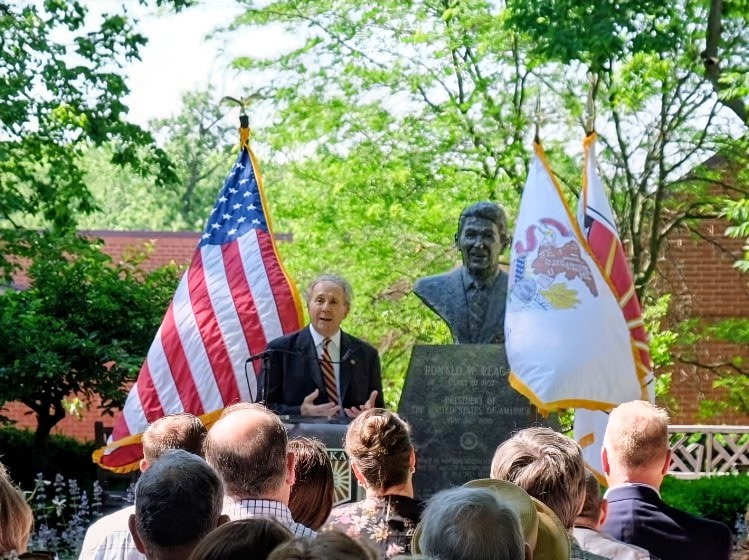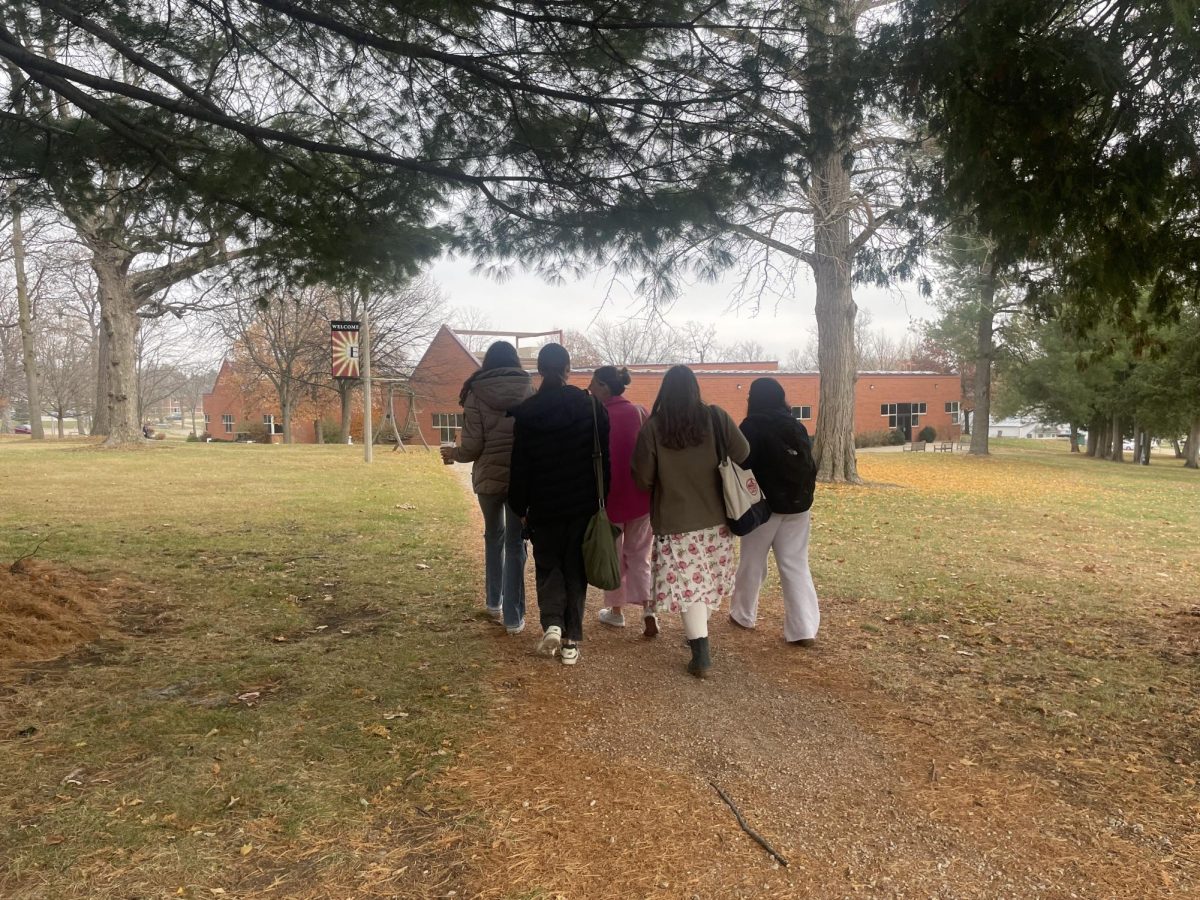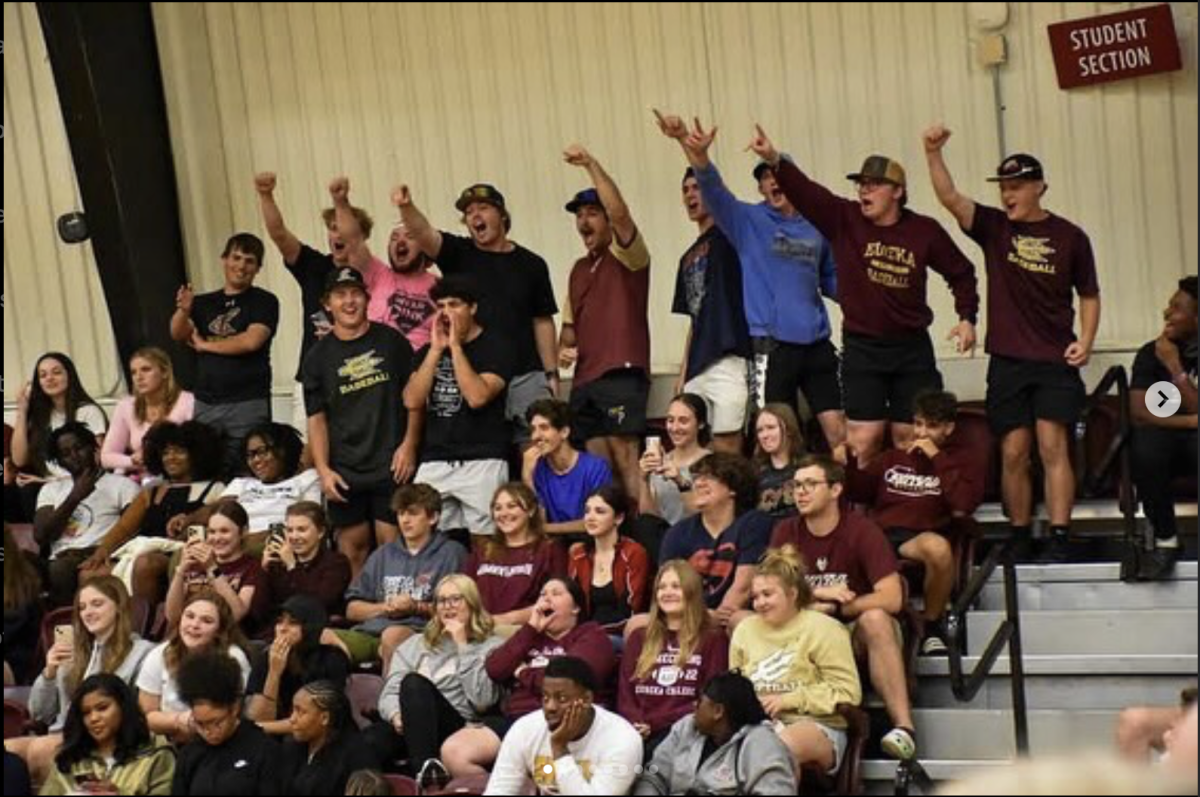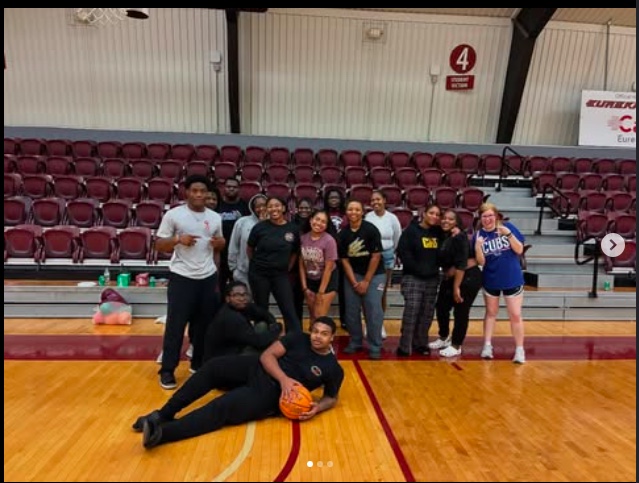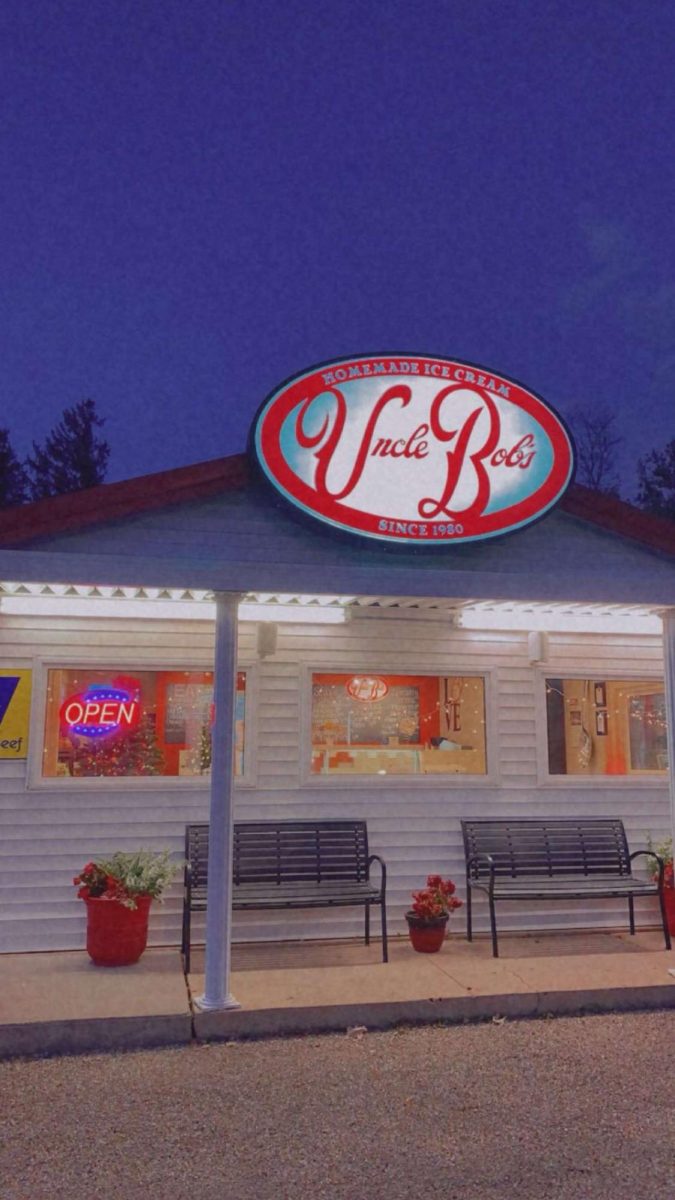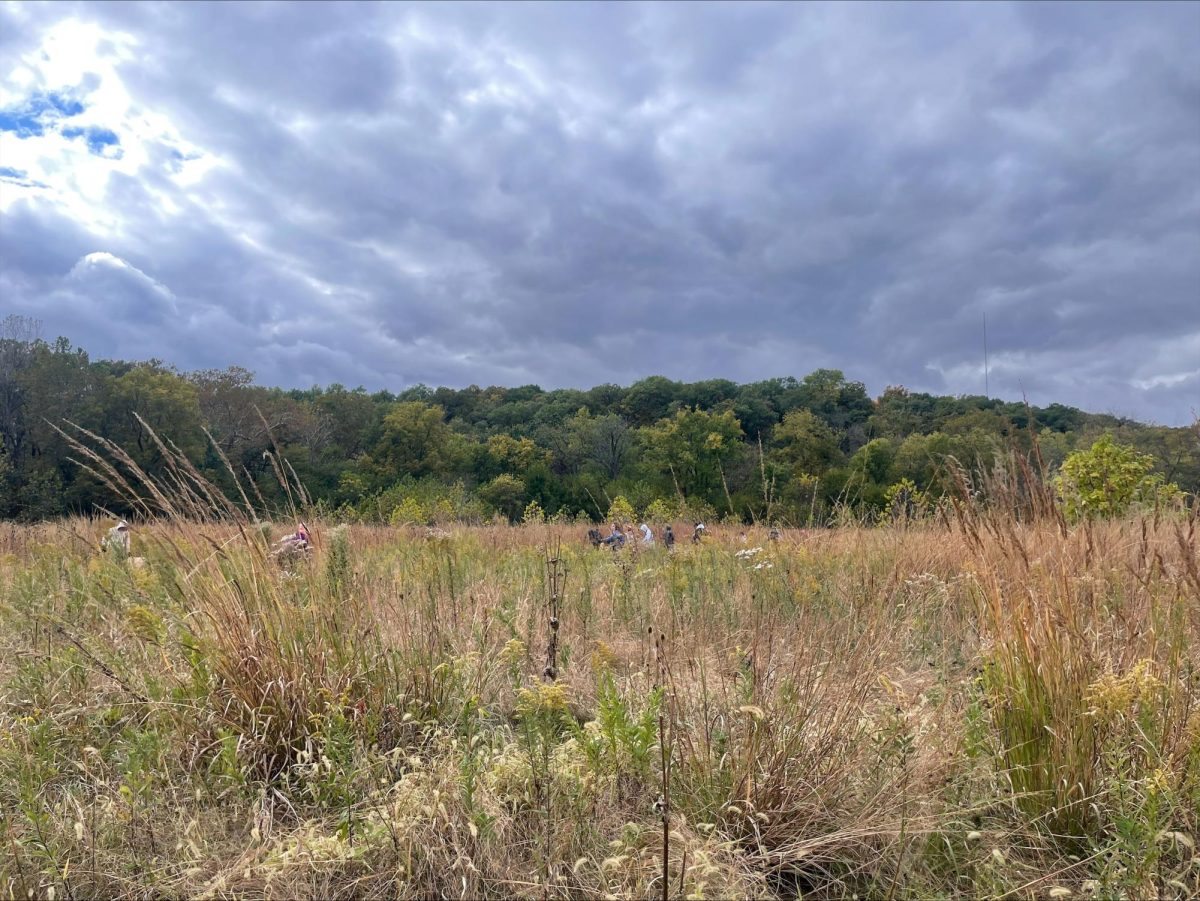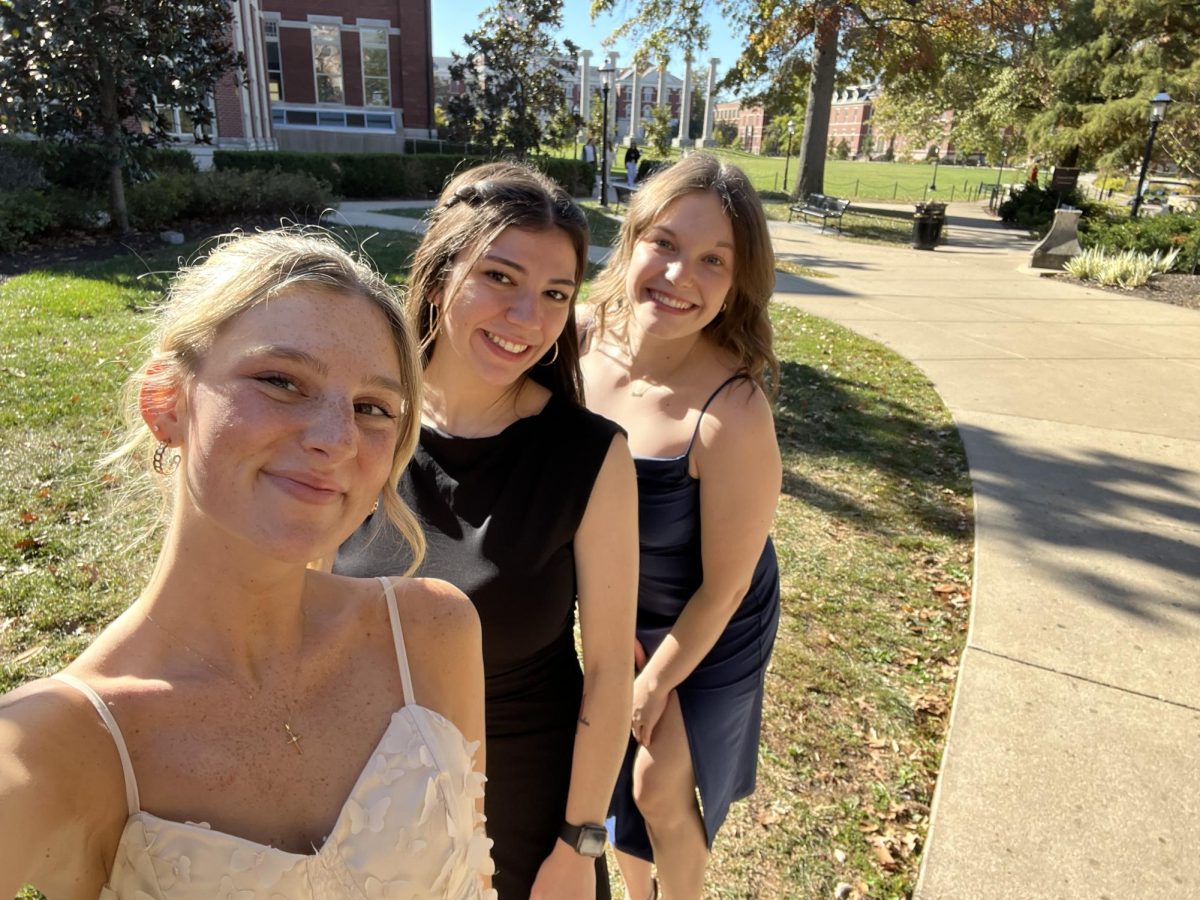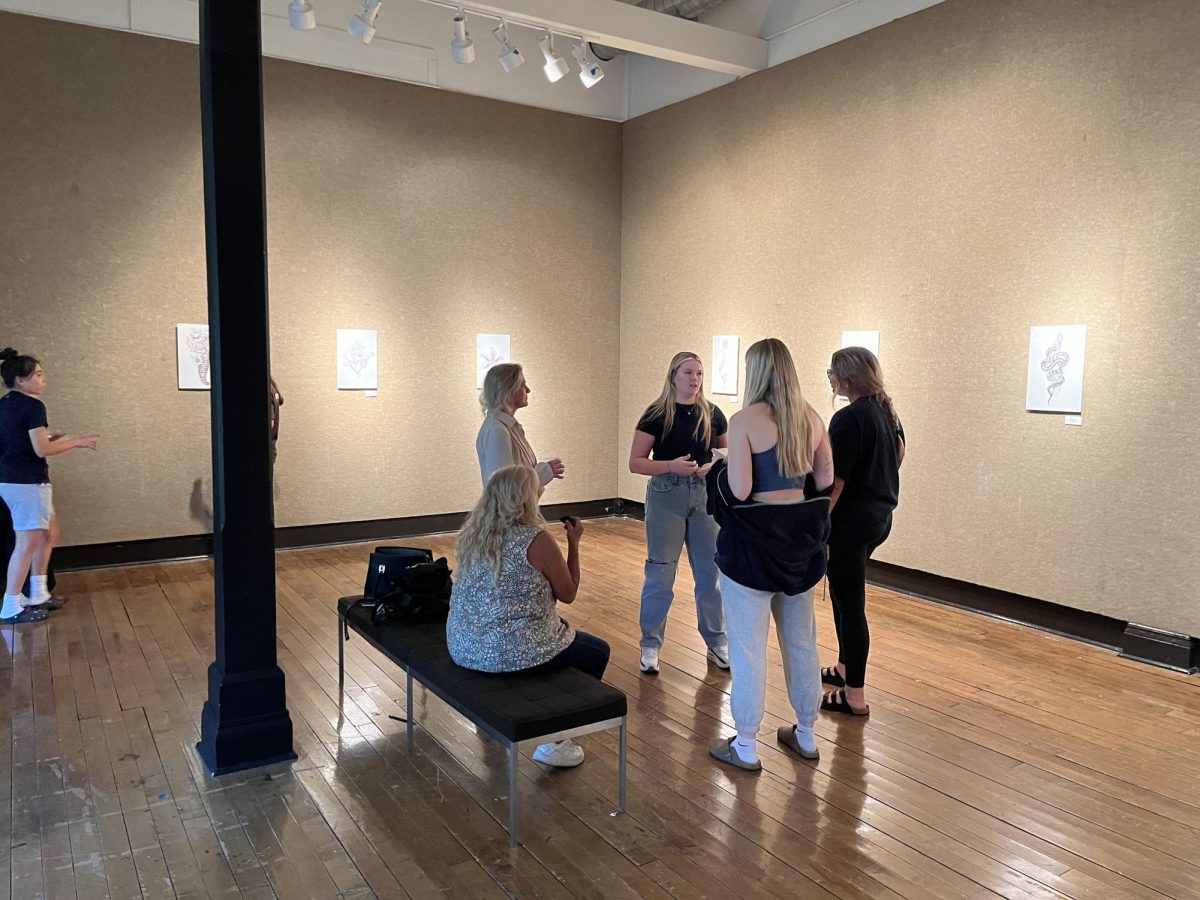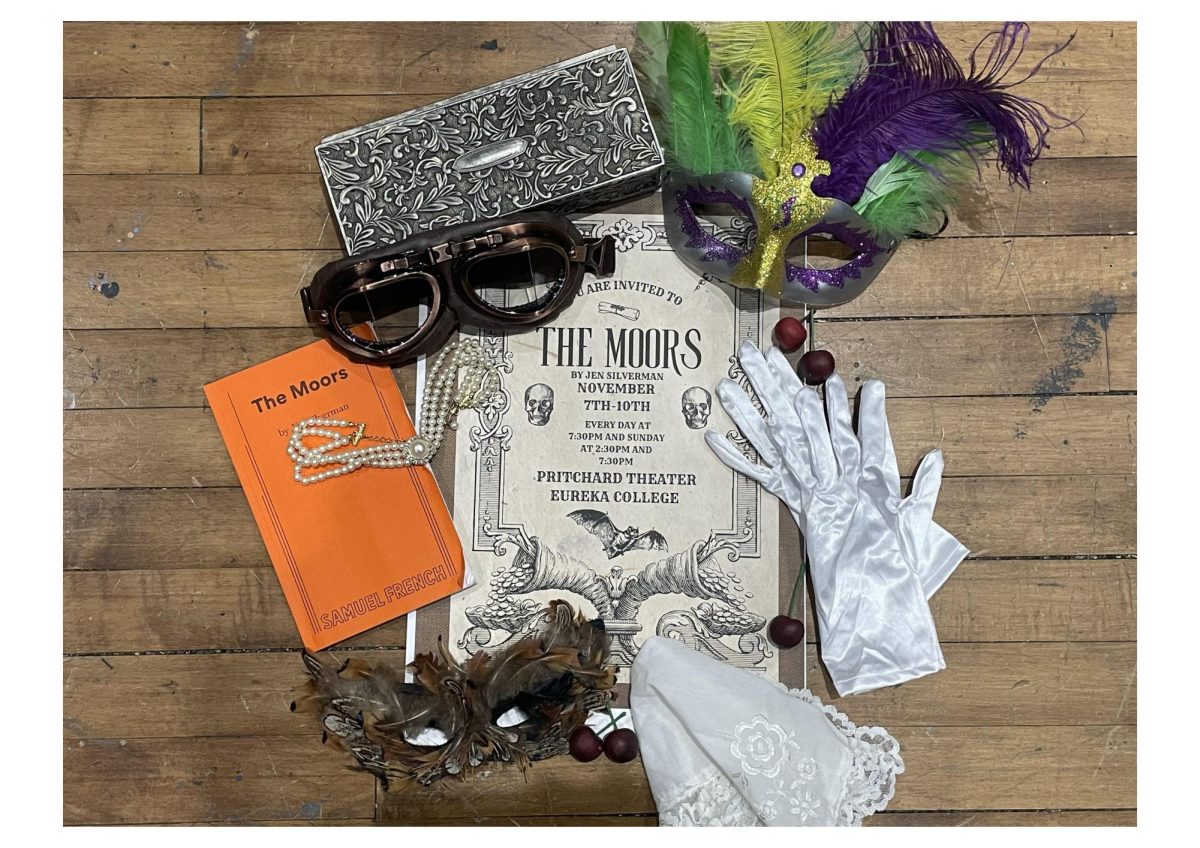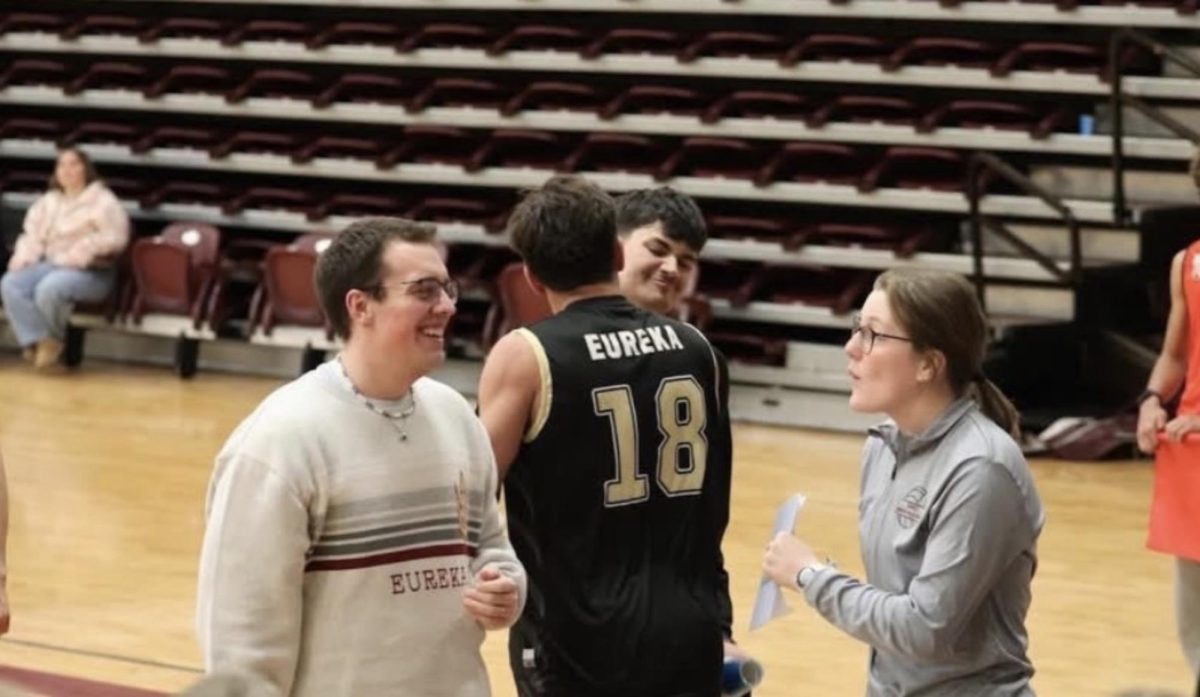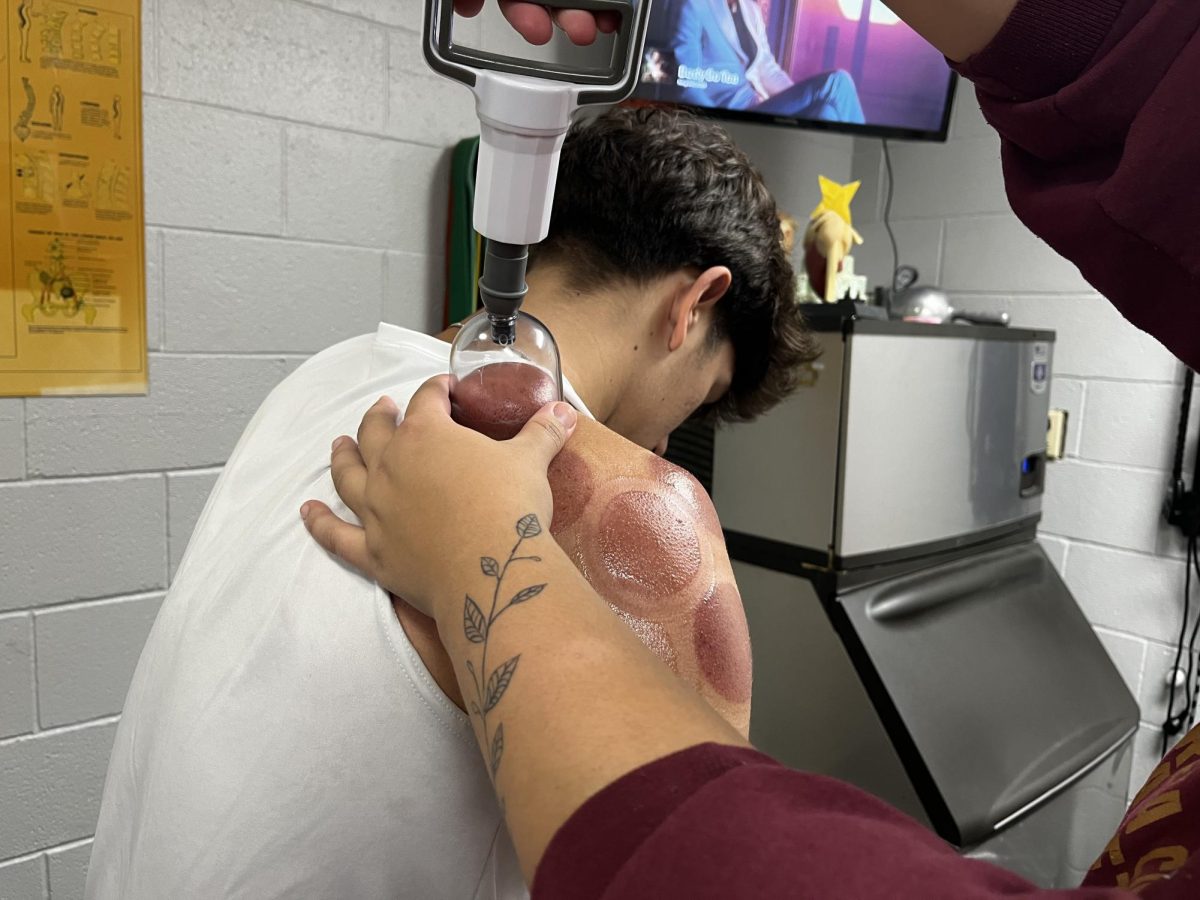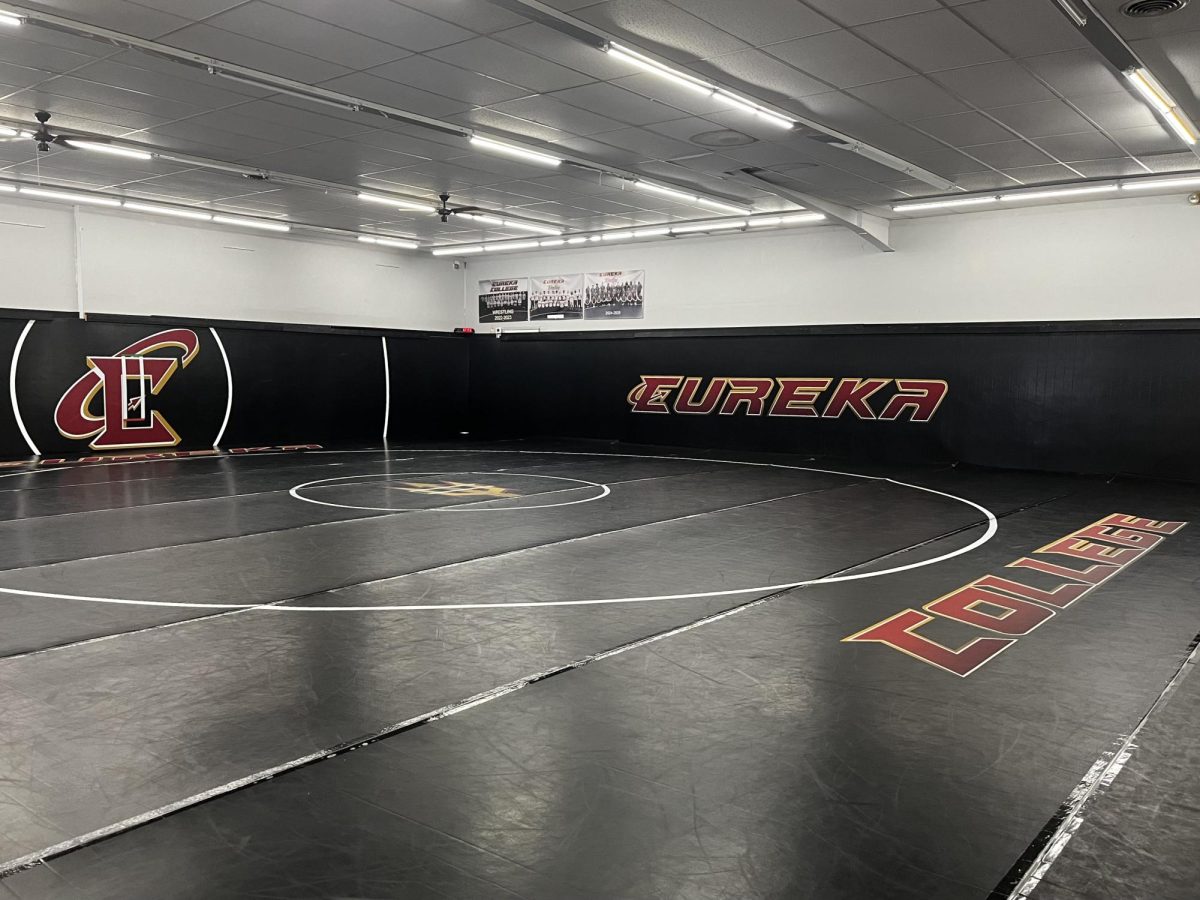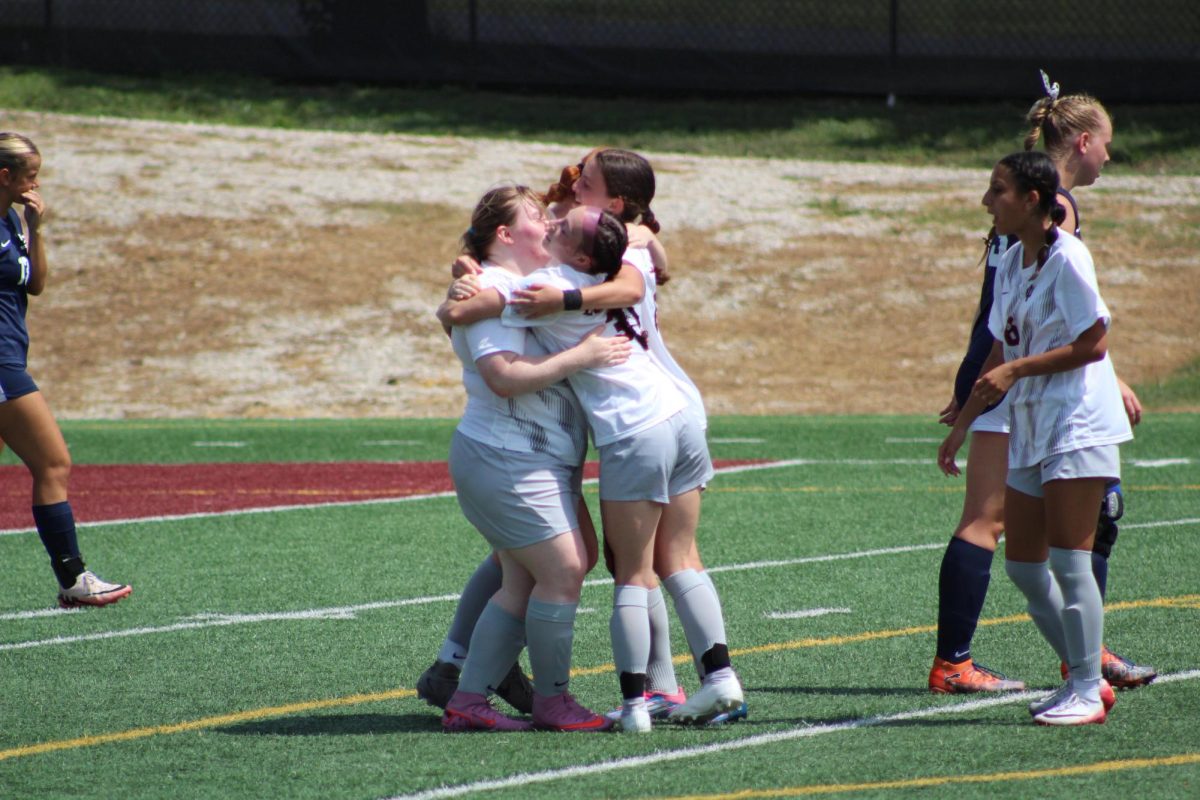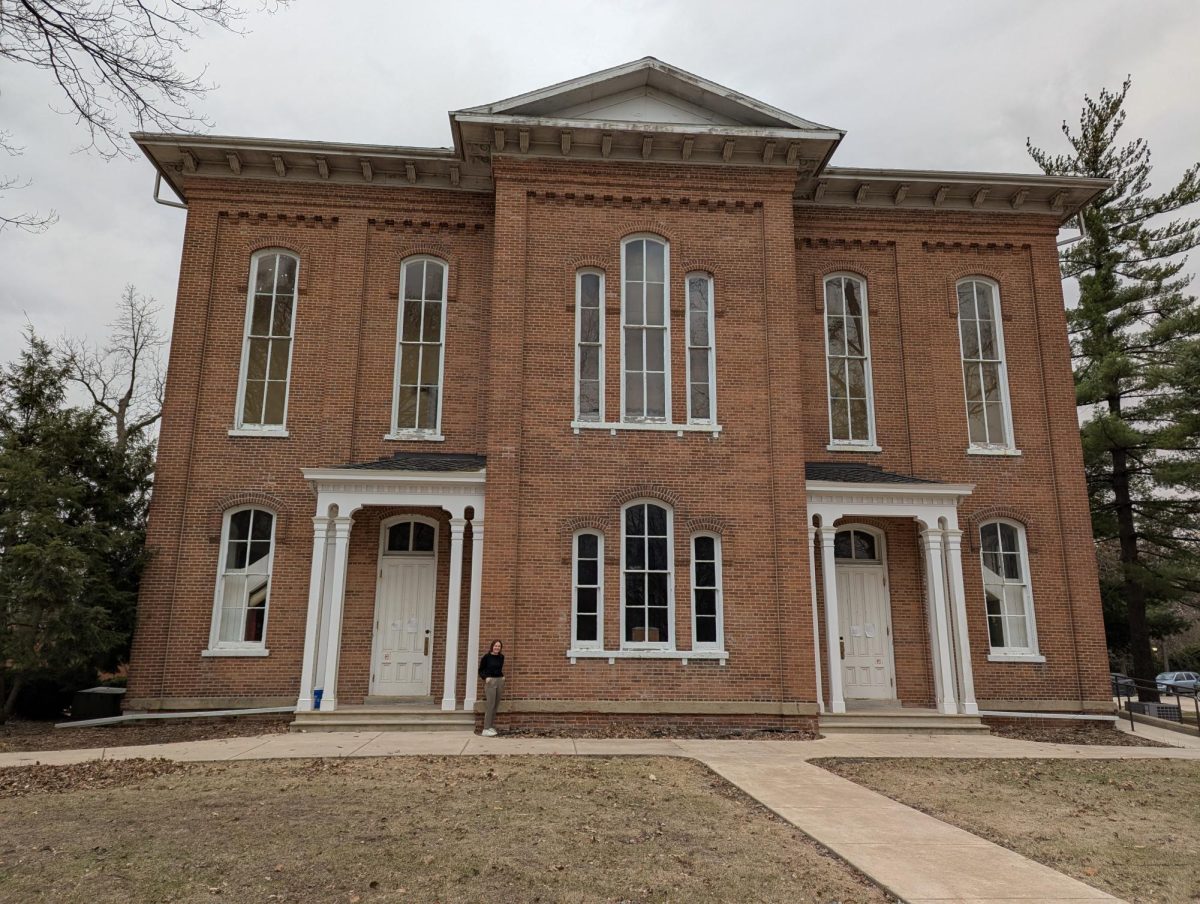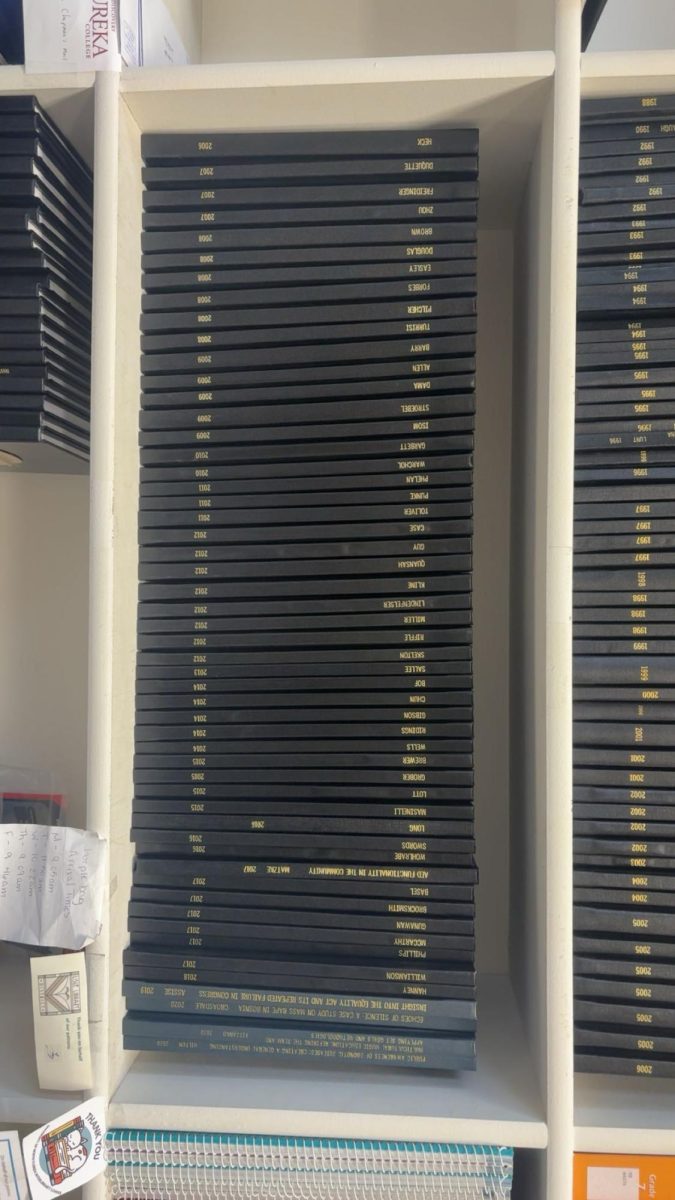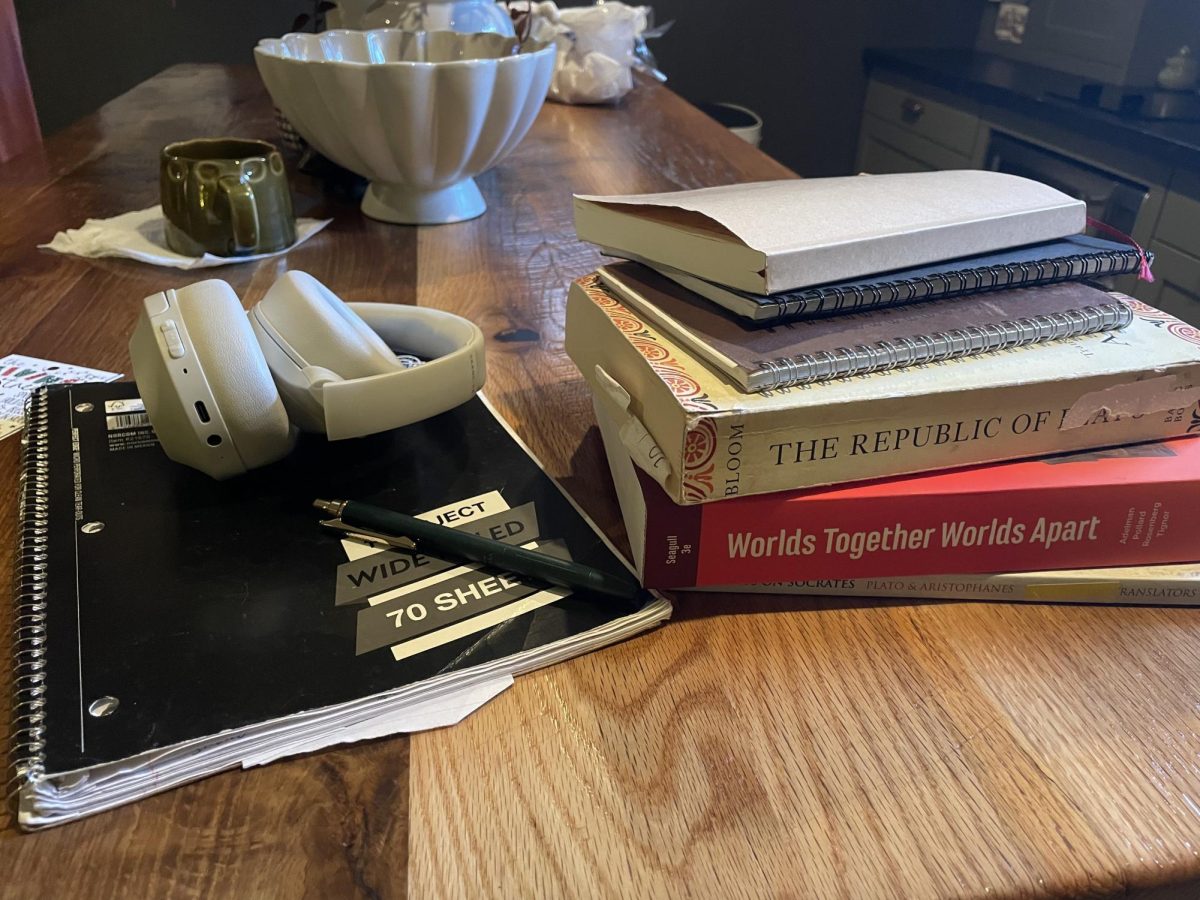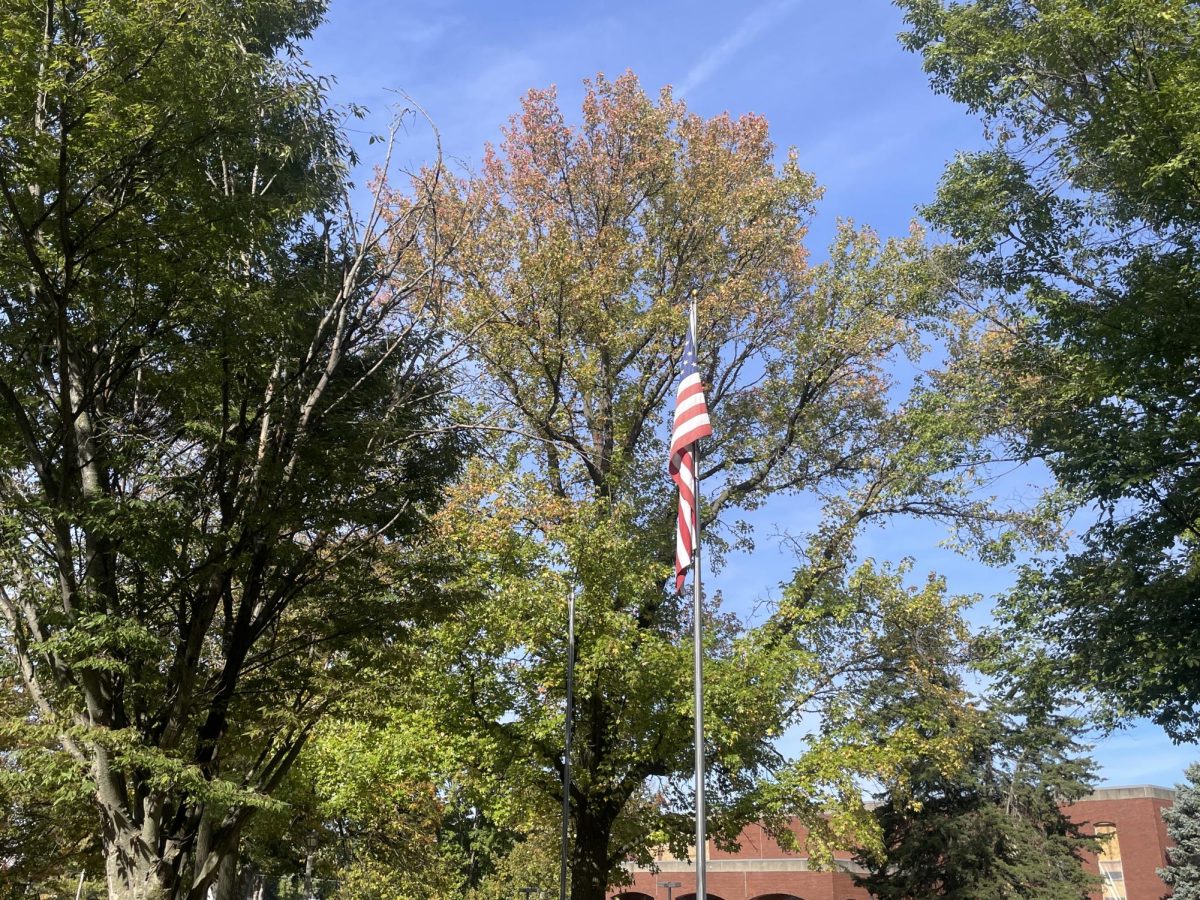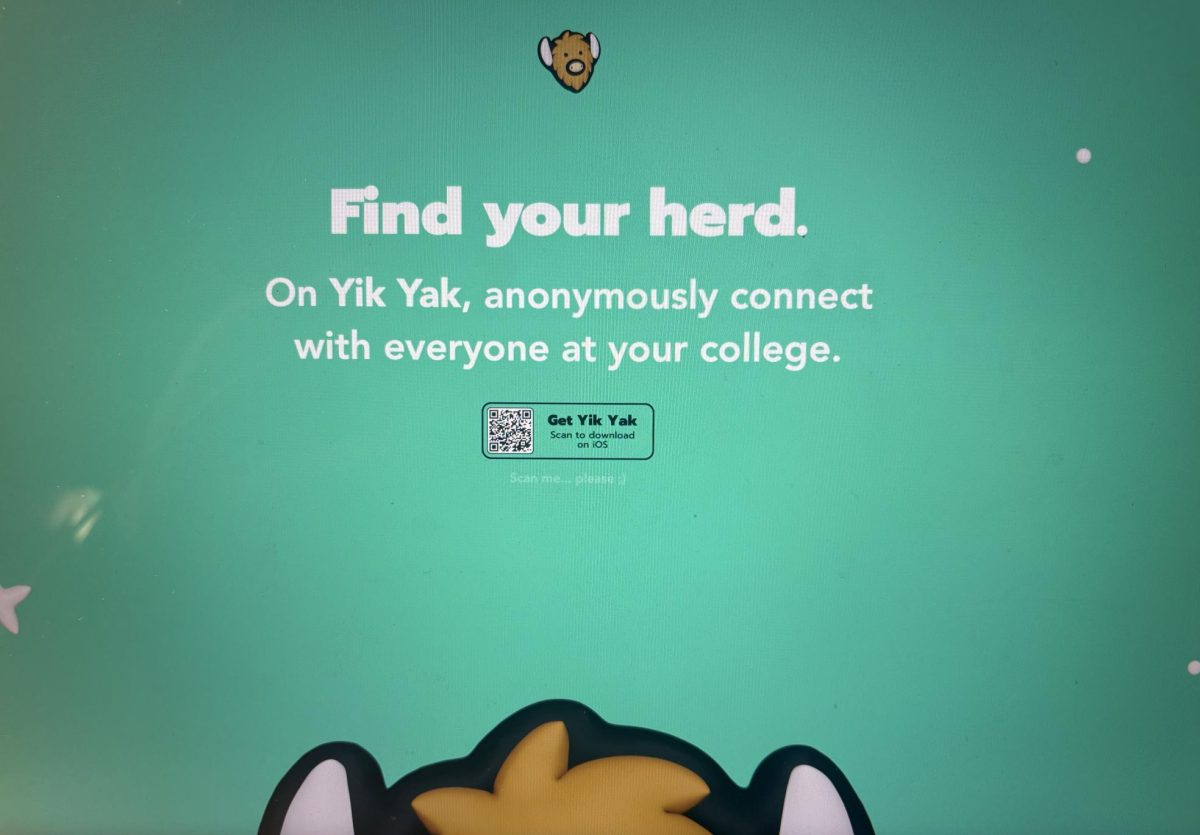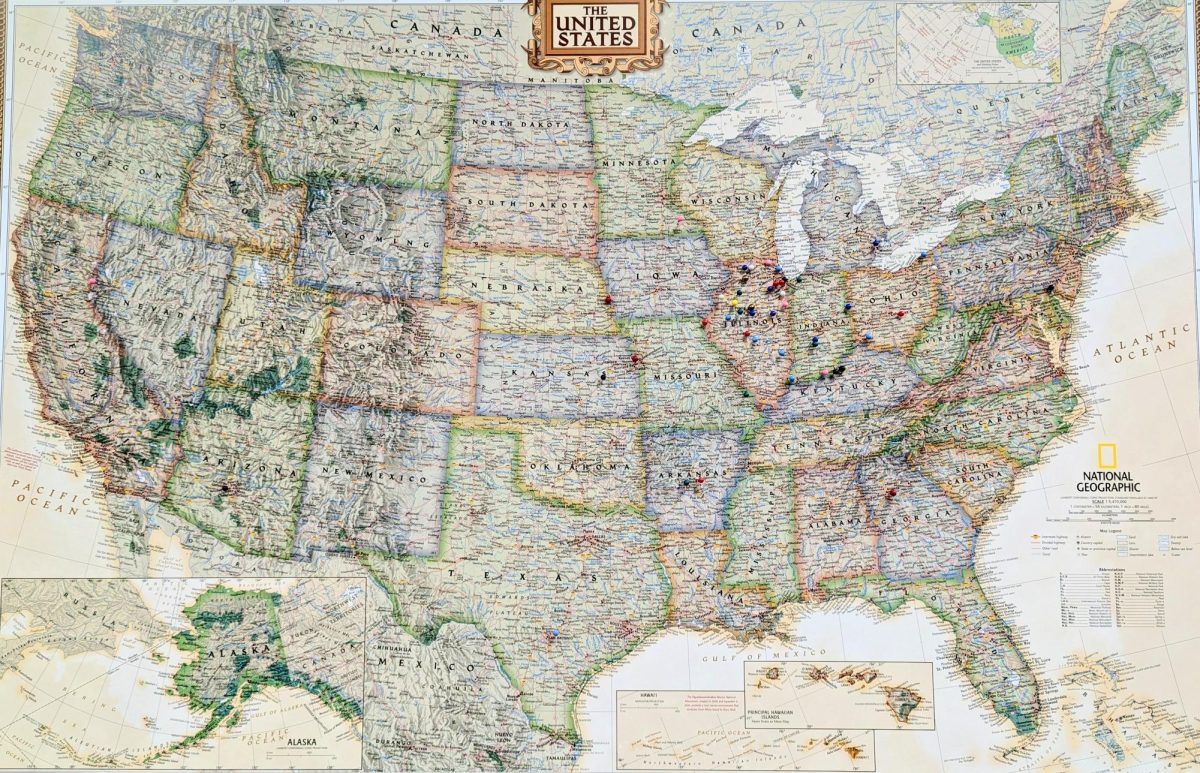Eureka College offers many different majors and minors to students who aspire to get a degree and find a career that suits them.
Majors such as business, environmental science, communications, and music, and many more are offered at Eureka College. The full list of majors can be found here.
Katie Jo Jackson is a senior at Eureka College who is originally from El Paso, Illinois. Now she commutes to campus from Minonk, Illinois. She is double majoring in environmental science and business administration, alongside minoring in biology and accounting. Jackson will also have a certificate in sustainability when she graduates this May. Originally, she wanted to go into accounting as her primary major, but when she took the environmental class, she switched it. Since she had already taken credits for the accounting major, she just decided to take a couple of more classes to complete the minor requirements.
Through these two majors there are a lot of different opportunities for career choices such as solar panels, unsustainability, sustainability management, and more.
Jackson states that there are some things about her major about environmental science that most other students would not think about such as the food and agriculture aspect.
“I think one of the most shocking things is how it applies to how we get our food, where we’re getting our food from and how that impacts the environment,” said Jackson.
Baylor Cluver is a senior at Eureka College and is originally from Decatur, Illinois. She lived in Watseka, Illinois during middle school and high school. Cluver is majoring in music vocal performance and minoring in psychology. She chose this major because she has been involved with music since she was two or three years old. Throughout her life she has learned to play the piano, saxophone, and ukulele.
Cluver states that she has several favorite classes through her major in vocal performance.
“Voice lessons are fantastic, but I also really liked our music history classes because it provided us with the knowledge of music from the beginning of time,” Cluver said.
In addition, she also appreciated learning foreign language diction, learning to pronounce words in German, Italian, French, Latin, and Spanish.
David Speiser works in the Career Services department on Eureka College’s campus. According to Speiser, a “good” career choice depends on the person and what is important to them. These things can include the salary, purpose and meaning, proximity to home, flexibility for other things such as traveling, and more. Speiser also points out that the job one gets after graduating college does not necessarily make that choice their career. A large percentage of student graduates go into jobs that are not related to their major.
Speiser recommends that students should explore academically to focus on what they like to do and learn, rather than just the major they choose.
“Most majors will teach things that can be applied to many different fields and types of professions, and I encourage students to explore multiple fields/industries that may have viable options for jobs and careers that are outside of what people typically associate with a given major,” Speiser said.
He also recommends students to use the “What Can I Do With This Major?” tool to help them explore options they might not have thought about before and to learn more about career options in general.
Along with this, Speiser encourages students to be open-minded about what graduate degrees might be useful with their major such as pivoting from a humanities degree to something more technical. An example of this would be using the English major as an undergraduate for doctors or those who want to attend medical school. Having experiences and connections is also very important when it comes to finding a career.
One way to do this is through internships.
“They allow you to do three things (if not more) at once: explore a field/industry/job function, build meaningful work experience that you can talk about in interviews, and make meaningful connections with professionals that can help connect you to jobs, resources, or other professionals,” said Speiser.
For those who are undecided on a major Speiser recommends treating every course the student takes like it could be their major and see if they could see themselves farther in that field.
From a fellow student, Cluver recommends looking at what classes that have been already taken and picking out some that was really enjoyable and something that was looked forward to.
“Which ones was I excited to go to, which ones did I dread, and then, when you get here for your first semester, explore some of those classes we have in college and see which ones excited you and piqued your interest,” Cluver said.
Another fellow student, Jackson found her true calling from taking an essential class at Eureka College.
“Explore your options, that’s how I found environmental science through the ten essentials,” said Jackson.
So, whether a student knows what they want to do or not, it is still good to explore all the options. Students might find much like Jackson, she found a new major to replace hers with and later turned it into a double major.


